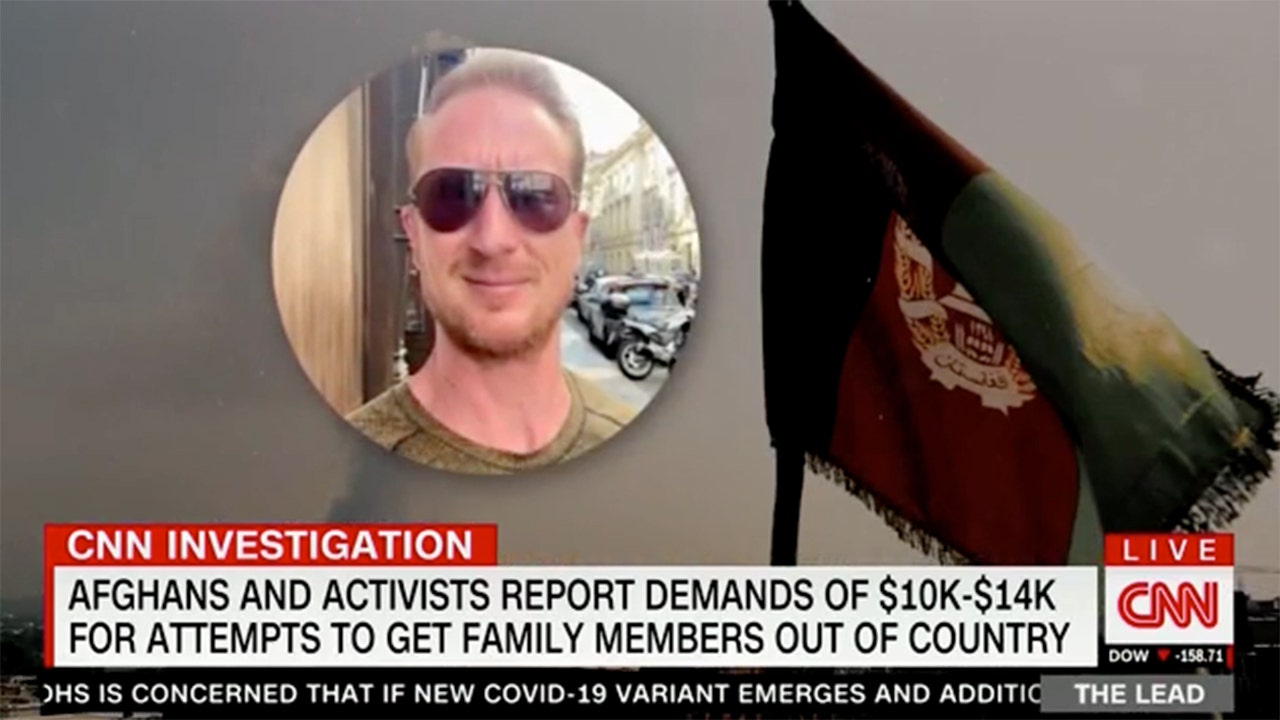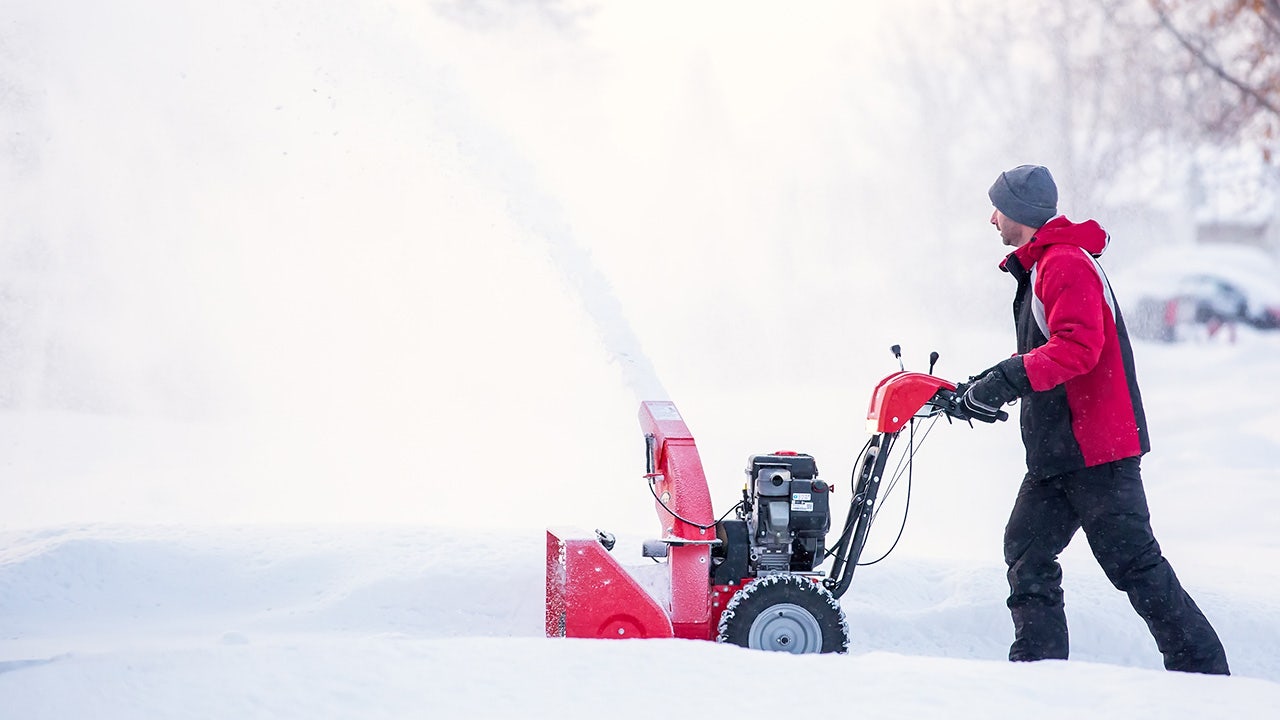The world’s second largest aircraft manufacturer Boeing has agreed to plead guilty to a criminal fraud charge related to two 737 Max crashes that left more than 300 people dead between 2018 and 2019 in Indonesia and Ethiopia. The proposed plea deal still needs a judge’s approval.
Boeing would agree to pay a $243.6 million criminal fine as part of the deal with the Department of Justice. The company would also invest an additional $455 million into its compliance and safety programs and agree to an independent, government appointed compliance monitor to oversee its operations for at least three years. Though families of the crash victims criticized the deal as an ineffective minor penalty, the federal government suggested Boeing’s employees could still be on the hook for future charges.
By pleading guilty to felony criminal fraud charges brought by the DOJ earlier this year, Boeing will avoid a criminal trial that could have resulted in far greater penalties. But additional criminal charges involving Boeing executives or employees could still be on the table. The most recent plea deal, revealed in court documents on Sunday, are tied specifically to misconduct surrounding the 737 Max crashes. That means Boeing could still face penalties for alleged misconduct that critics and whistleblowers say may have contributed to a spate of high profile safety incidents in recents months. The DOJ, in its filing, said it would provide “no immunity” to any individual employees at the company as part of the agreement.
Boeing could pay up to $487 million in total fines as part of the new plea deal. That’s a far cry from the reported $24.8 billion families of crash victims had hoped to force the company to pay in restitution. Those families of victims are expected to publicly oppose the agreement. Paul Cassell, a lawyer representing some families suing Boeing, told CNN the agreement amounts to a “sweetheart deal” for Boeing. Erin Applebaum, another attorney representing crash victims, described the deal as nothing more than a “slap on the wrist” that would “do nothing to effectuate meaningful change within the company,” during a recent interview with Bloomberg.
A Boeing spokesperson confirmed with Popular Science that the company had “reached an agreement in principle” with the DOJ. The DOJ did not immediately respond to a request for comment.
Agreement marks Boeing’s second deal with DOJ in three years
The criminal charges underpinning the most recent agreement date back to a pair of 737 Max plane crashes in 2018 and 2019 that claimed the lives of 346 passengers and crew. Public backlash following the crashes led Boeing to ground the planes for 20 months. Investigators digging into the events during that time revealed the crashes were tied to a previously undisclosed software, called MCAS, which was intended to adjust for a design flaw in the planes. Data pulled from one of the impacted 737 Max plane’s flight data recorder system, commonly referred to as a “black box,” reportedly showed evidence of pilots physically fighting against the MCAS system in a desperate effort to keep the planes from nose-diving. Frantic audio recordings captured from within the cockpit reportedly suggest the pilots were unaware of how to address the malfunctioning software.
Boeing eventually admitted its employees had withheld information about the design flaw from the Federal Aviation Administration, which led the DOJ in 2021 to charge the company with one count of conspiracy to defraud regulators. At the time, Boeing struck a deal with federal prosecutors and agreed to pay $2.5 billion to resolve those issues. A more recent DOJ probe into the company following a string of safety mishaps, however, alleged Boeing may have violated parts of the 2021 agreement which would have opened them up for additional prosecution. This week’s plea agreement would settle that dispute.
But Boeing isn’t clear of potential legal hurdles just yet. The aircraft maker came under renewed scrutiny earlier this year after a door plug flew off of an Alaskan Airlines aircraft mid-flight. Since then, passengers on board Boeing flights have endured injury-enduring nosedives, shocking wheel detachments, and planes rolling off runways. An investigation into the door plug issue revealed Boeing suppliers had used Dawn dish soap and hotel keycards to secure the door seal, a practice the company has since defended as an “innovative approach.” Making matters worse, a new whistleblower complaint filed against the company earlier this year claims Boeing’s key supplier let plane bodies leave factory floors with serious defects. In total, Boeing had reportedly been the subject of 32 whistleblower claims in just three years.













/https://tf-cmsv2-smithsonianmag-media.s3.amazonaws.com/filer_public/d1/82/d18228f6-d319-4525-bb18-78b829f0791f/mammalevolution_web.jpg)






Discussion about this post